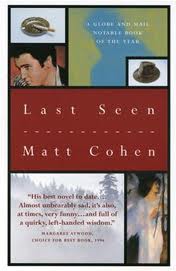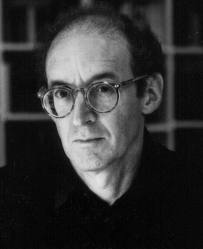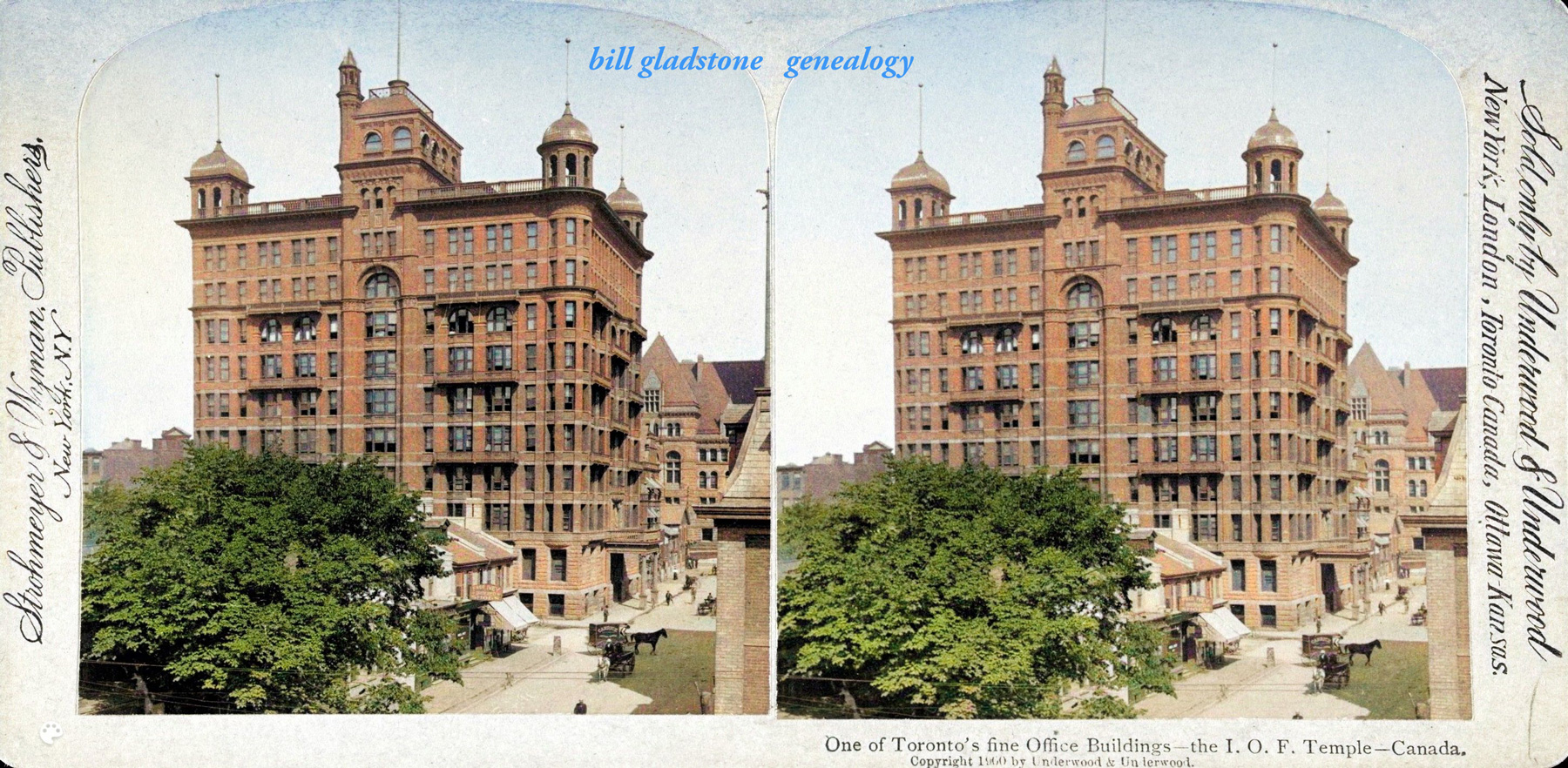 Matt Cohen strides into the Future Cafe on Bloor Street West wearing a hat that looks suspiciously like the hat favoured by one of the two brothers who are the main characters in his latest novel, Last Seen (Knopf).
Matt Cohen strides into the Future Cafe on Bloor Street West wearing a hat that looks suspiciously like the hat favoured by one of the two brothers who are the main characters in his latest novel, Last Seen (Knopf).
Over a cup of coffee, however, the fifty-four-year-old Kingston-born novelist insists that it isn’t strictly necessary for a writer to stick to what he knows. “You write not only about what you know, but also about what you’re capable of imagining. People don’t necessarily write well about their own lives. Sometimes they can write well about other people’s lives.”
Harold and Alec, the brothers in Last Seen, resemble no one that Cohen knows, he says, yet he claims complete knowledge of them. “About certain characters you know anything and you can write about any detail in their lives. You can write about the clothing they have stuck in a cardboard box under their desk. These are the characters you end up writing about.”
Harold, a talented advertising exec, is struck down by brain cancer in his middle years. Alec, a writer and teacher, is devastated by the loss, which has followed their father’s death by too few years. The survivor’s depression soon gives way to bewilderment and wonderment as he encounters the post-mortal Harold and their mutual companion, Francine, at the mysterious Club Elvis on Toronto’s Queen Street.
Harold, still alive? Apparently so, though not even the ghost can explain this bizarre and surreal twist.
Like the characters in several of Cohen’s previous novels — including The Spanish Doctor (1984), Nadine (1986) and Emotional Arithmetic (1990) — the protagonists in Last Seen are Jewish. “In Canada, I’m seen quite correctly as a Canadian writer,” he observes. “But in Europe, I’m seen as a Jewish writer, and the fact that I’m Canadian is completely meaningless to them.
“The odd thing is, I’m not seen as a Jewish writer in Canada. Whoever the official Jewish writers are, I’m seldom considered to be one of them.”
Obviously, though, Jewish matters are central to at least part of Cohen’s eclectic oeuvre of twelve novels and eight non-fictional works. The Spanish Doctor, for example, unveils a rich tapestry of Jewish life in Toledo in the years before the Spanish Inquisition. Descendants of the characters from that novel inhabit the subsequent novels Nadine and Emotional Arithmetic, Cohen points out.
“When I started writing The Spanish Doctor, I realized that so much of the way the world sees the Jews, and the way the Jews see themselves, has been shaped by the Second World War. So much of the past has been blacked out by the hugeness of those events. That’s why I wanted to do The Spanish Doctor. That was a very interesting period in Spain, and Jews led very interesting lives then.”
Currently writing a screenplay for Emotional Arithmetic for the Canadian company Triptych Films, Cohen has also been researching medieval Jewish life in southern France for a future novel. “A lot of Jews settled there because they had a freedom there that they didn’t have in the rest of France,” he says.
 “It’s an interesting period for Judaism because many of the questions that exist now existed then. For example: How should Jews in exile continue being Jews? And what degree of isolation and assimilation is appropriate?”
“It’s an interesting period for Judaism because many of the questions that exist now existed then. For example: How should Jews in exile continue being Jews? And what degree of isolation and assimilation is appropriate?”
Considering the good notices that Last Seen has garnered — Margaret Atwood called it the author’s “best novel to date” — and the fact that his well-received 1993 novel The Bookseller has just been commercially released in the United States, Cohen may soon need his hat as camouflage against a growing legion of fans. He is, after all, considered among the top rank of Canadian novelists.
Even so, the interview concluded, he dons his coat and hat and steps out into the October drizzle, still free to amble unrecognized through a city where his books sell well and his name has become increasingly known. ♦
© 1996





